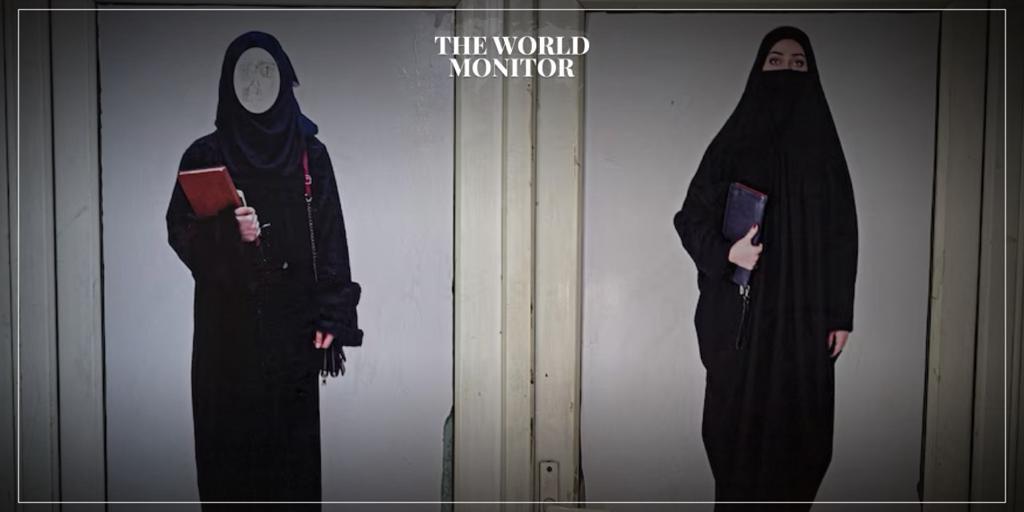In a significant development, the Taliban has officially acknowledged the arrest of women in the Afghan capital for wearing what they deemed as “bad hijab,” as disclosed by a spokesperson from the country’s Vice and Virtue Ministry on Thursday.
This marks the first confirmation of a concerted effort by the Taliban to enforce a dress code for women since their return to power in 2021, drawing parallels with Iran’s longstanding imposition of mandatory hijab. The Taliban’s crackdown on women’s dress further compounds the challenges faced by Afghan women and girls, who are already grappling with prohibitions on education, employment, and access to public spaces.
Abdul Ghafar Farooq, the spokesperson for the Vice and Virtue Ministry, did not provide specific details on the number of women arrested or the criteria for defining “bad hijab.” In May 2022, the Taliban had issued a decree mandating that women only reveal their eyes and suggesting the use of the head-to-toe burqa, reminiscent of restrictions during their previous rule from 1996 to 2001.
According to Farooq, the recent arrests took place three days ago, following persistent complaints over the past two and a half years regarding women not adhering to the correct hijab in the capital and provinces. The ministry had initially offered recommendations and advice to women on following the prescribed dress code. However, after non-compliance, female police officers were dispatched to effect the arrests.
Farooq justified the arrests by stating that these women had promoted “bad hijab” in Islamic society, violating established Islamic values and rituals. He added that the detainees would either face legal proceedings referred by the police to judicial authorities or be released on strict bail.
Warning of a wider crackdown, Farooq declared, “In every province, those who go without hijab will be arrested.” These arrests come shortly after the UN Security Council’s call for a special envoy to engage with the Taliban, particularly focusing on issues related to gender and human rights.






